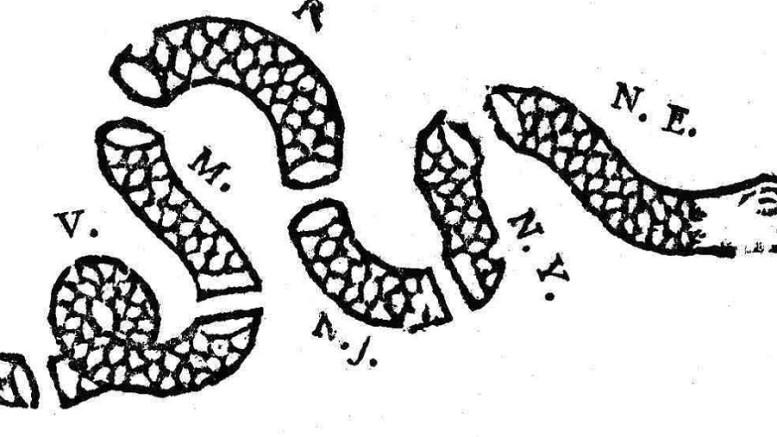By David Schleicher, Yale University – Law School, February 29, 2016, Texas Law Review, Vol. 95, 2016
Abstract:
When scholars, judges and politicians talk about federalism, they frequently praise the qualities of state and local democracy. State and local governments, it is said, are closer to the people and more responsive to their needs, their outputs a better fit for the diverse set of preferences that exist in a large nation. But these stories about state democracy rarely wrestle with the reality of elections for state senator and city council, for state insurance commissioner and county sheriff. Voters frequently know little about the identity or performance of officials in these offices or political parties at the state and local levels. Voting for many state and local offices is “second-order,” or reflecting voter preferences about the President and Congress with little or no variation based on the performance or promises of office-holders and candidates. State and local elections vary in the degree to which they are second-order – chief executive races seem to be less second-order than legislative ones, elections were less second-order in the 1970s and 80s than they are today – but we see second-order voting behavior quite consistently across many state and local elections.
This Article addresses the consequences of second-order elections for federalism doctrine, policy-making and theory. First, it argues that virtually all of the “ends” of federalism – responsiveness, respect for diversity, laboratories of democracy, variation to permit foot voting, and so forth – are premised not only on state governments having authority, but also on the success of state democracy at reflecting local needs and wants. Second, it shows that proponents of greater federalism focus largely on questions of state authority rather than the quality of state democracy, leading to proposals and doctrines that frustrate federalism’s ends. For instance, efforts to repeal the Seventeenth Amendment are premised on the ground that it would give greater authority to state governments, but proponents of repeal fail to see that doing so would make state elections even more second-order. Further, proponents of more devolution of power either ignore or are hostile to efforts by the federal government or state courts to shift power from state legislatures to governors, viewing the question as somehow not central to debates over federalism. Given that gubernatorial elections are less-second order than legislative ones, cooperative federalism regimes or changes in state law doctrines that empower state executives should lead to policies that are more responsive to specific state needs. The Article also sketches several new paths for proponents of federalism that aim at reform of state government and elections rather than changes to federal policy.
Finally, the Article shows research on second-order elections reveals the emptiness of several prominent theories about federalism. Most notably, theories about the “political safeguards of federalism” are generally mistaken about three things – politics, safeguards and federalism.
Number of Pages in PDF File: 70
[CR] Interesting argument that apathy and or incompetence at a more local level makes greater forms of federalism ineffective to some degree. The premise of the argument may be misplaced, i.e. these elections may be relegated to “second-order” status merely because no real power exists below the federal level.



Be the first to comment on "Federalism and State Democracy"